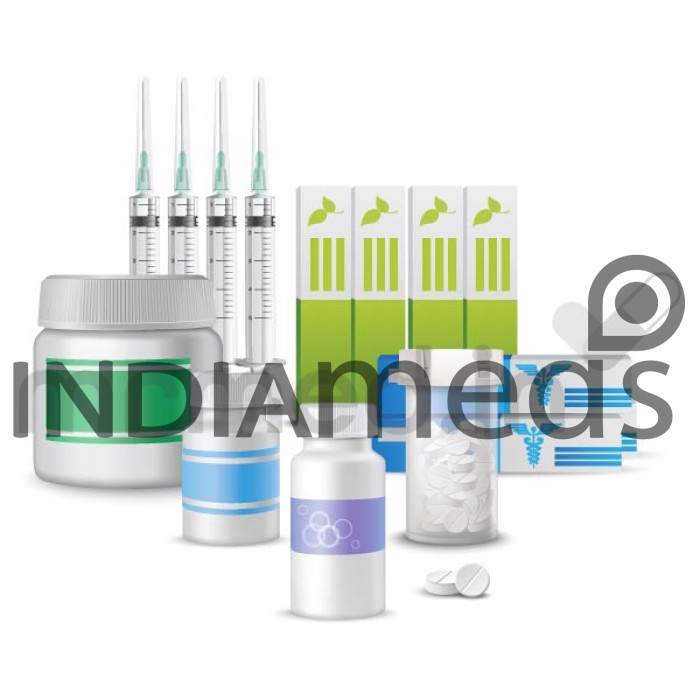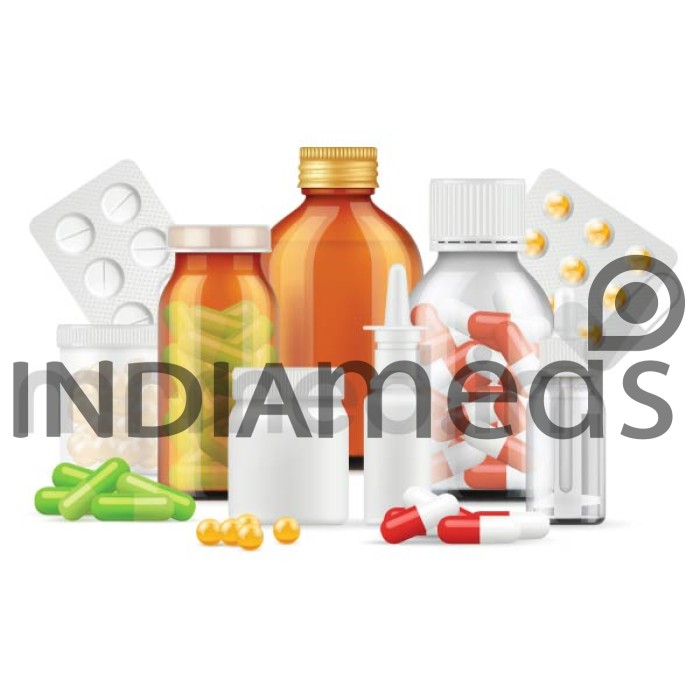Cilacar 5mg tablet 15's is an anti-hypertensive medication with an active ingredient called clinidipine. It belongs to a class known as a calcium channel blocker that helps lower blood pressure. Cilacar 5mg tablet 15's is prescribed for hypertension and angina. It treats hypertension (elevated arterial pressure levels), also called high blood pressure and its associated vascular disorders. Cilacar 5mg tablet 15's is well tolerated and particularly effective in older people. It also reduces the risk of angina. Cilacar 5mg tablet 15's may be prescribed alone or along with other medicines. This medicine is not advised to use in children under 18 years of age.
Do not take this tablet if you are allergic to cilacar 5mg tablet 15's or any of the other ingredients of this medicine. Before starting the treatment, Inform your doctor if you are suffering from any heart conditions, such as untreated heart failure, chest discomfort, recent heart attack, or Insufficient blood flow to the heart. Notify your doctor if you have severe liver and kidney problems. Discuss the dosage management if you are with liver or kidney problems.
Taking grapefruit or its juice while under treatment with cilacar 5mg tablet 15's is unsafe. Notify your doctor immediately if you are taking other medicines such as Cyclosporine, Antifungal, and Macrolides antibiotics such as Erythromycin and Troleandomycin. Notify your physician if you are pregnant, planning to get pregnant, or think you might be pregnant. This is not recommended if you are pregnant or breastfeeding. Inform your doctor immediately about your pregnancy.
Therapeutic Effects of Cilacar 5mg Tablet 15's
Pregnancy
It is unsafe to take cilacar 5mg tablet 15's if you are pregnant or think you might be pregnant. Because it may cause harm to the unborn baby, consult your doctor for more information.
Breast Feeding
It is unsafe to breastfeed while taking this medicine. Notify your doctor if you are breastfeeding or about to start breastfeeding because Cilacar 5mg Tablet 15's may pass into the human breast milk and cause harm to the baby.
Lungs
Inform your doctor if you have any underlying lung condition. Consult your physician for more information while under the treatment with cilacar 5mg tablet 15's.
Liver
Before taking cilacar 5mg tablet 15's inform your physician if you have liver problems because dosage management has to be discussed with your doctor.
Alcohol
It is unsafe to consume alcohol during the treatment with cilacar 5mg tablet 15's.
Driving
Cilacar 5mg tablet 15's could cause dizziness, weakness or drowsiness, vomiting, etc. Avoid driving or using machinery if you experience these side effects.
Serious:
- Low BP
- Heart failure
- Poor heart functioning
Common:
- Tiredness
- Swelling of face, tongue, eyelids, hands, and feet
- Sleepiness
- Flushing
- Hypotension
- Headache
- Nausea
- Dizziness
- Palpitations
- Stomach pain
- Edema (swelling in the body’s tissue)
Yes, cilacar 5mg tablet 15's can be taken at any time of the day. However, it is best to take it simultaneously each day to maintain consistent levels in the body.
Yes, cilacar 5mg tablet 15's can cause headaches. If the headaches are severe or persistent, consult with your doctor.
Cilacar 5mg tablet 15's may interact with other medications, so informing your doctor about your current medications is important.
If you are experiencing any serious side effects while taking cilacar 5mg tablet 15's, you should immediately stop and seek medical attention.
Using effective contraception while taking cilacar 5mg tablet 15's is mandatory if you are sexually active and do not wish to become pregnant. This is because pregnancy can increase blood pressure and can harm both the mother and the fetus. Discussing your contraceptive options with your doctor to determine the best method for you while taking cilacar 5mg tablet 15's is recommended.
Molecule name: Cilnidipine | Therapeutic class: Anti-hypertensive |
Pharmacological class: Calcium channel blocker | Indication: 1. Angina ( Chest pain because of reduced blood flow to the heart) 2. Hypertension (high blood pressure) and its associated vascular disease |





